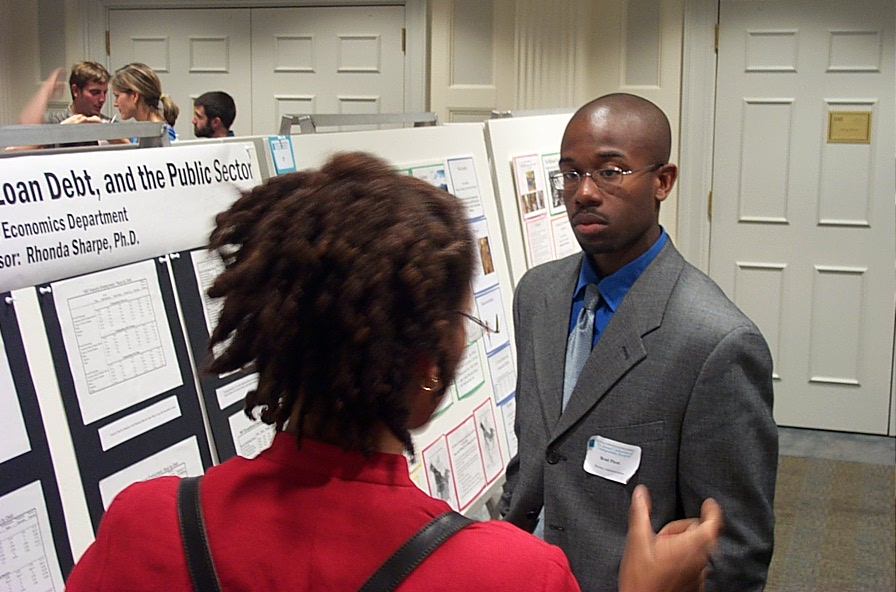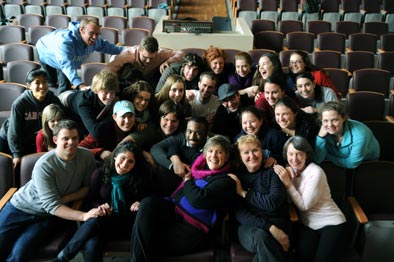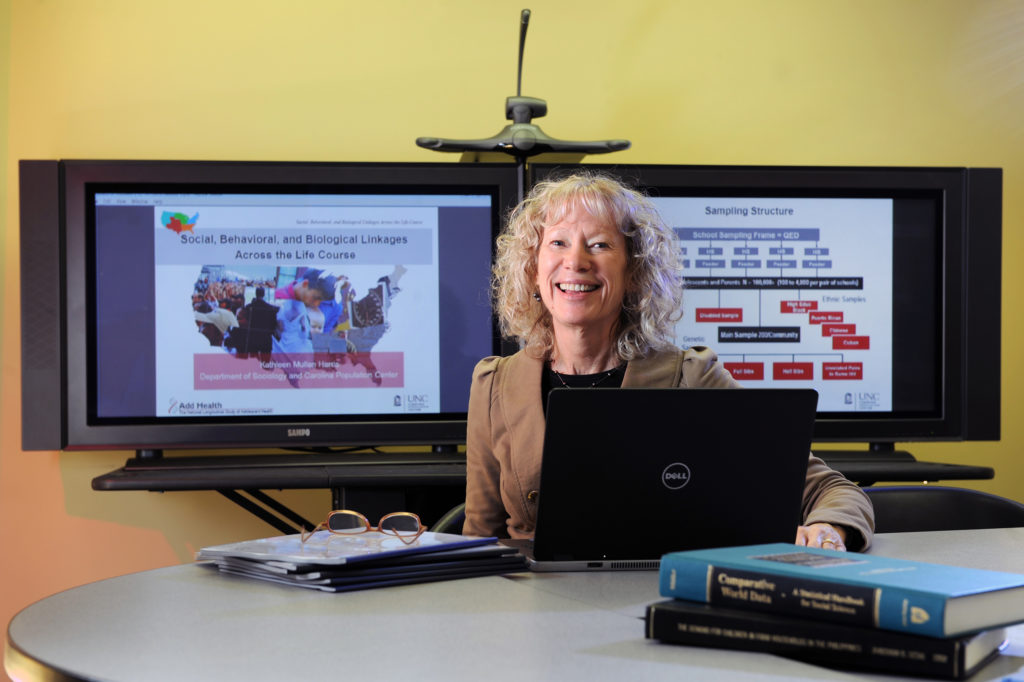 Six global and area studies centers at the University of North Carolina at Chapel Hill will receive approximately $10.1 million in competitive federal Title VI grants over the next four years.
Six global and area studies centers at the University of North Carolina at Chapel Hill will receive approximately $10.1 million in competitive federal Title VI grants over the next four years.
Through two programs administered by the U.S. Department of Education, UNC has been awarded approximately $1.14 million for National Resource Centers (NRC) and $1.4 million for Foreign Language and Area Studies (FLAS) scholarships for 2014-2015.
Federal funding for international education has tightened in the past few years, and this cycle’s application process was especially competitive. In the past cycle, 144 National Resource Centers were funded, and in the current cycle, 100 were funded.
“The grants support many key programs in the College of Arts and Sciences and beyond, including language instruction, teaching, research and community outreach that spans the globe,” said Karen M. Gil, dean of the college. “With these international centers, we are educating our students to be the leaders of tomorrow in a fast-changing global society.”
UNC has consistently been among the top U.S. universities in the number of these resource centers with six, which are located in the FedEx Global Education Center. Five area studies centers are part of the college, and the sixth is the pan-university Center for Global Initiatives.
“These awards allow UNC-Chapel Hill to substantially advance global education and the scholarly opportunities for our students and faculty. The work of these centers enhances international research and learning, and this is critical to our being a leading global public research university,” said Ronald P. Strauss, executive vice provost and chief international officer for UNC.
Interdisciplinary programs supported through the centers by the federal grant awards include:
- Opening Access to Global Opportunities: Opens opportunities for traditionally underrepresented students pursuing international education.
- Languages Across the Curriculum: Integrates languages — from Arabic and French to Spanish and Korean — into courses offered outside language departments.
- Faculty Support: Supports language instruction, research, teaching and curriculum development.
- World View: Helps teachers in community colleges and grades K-12 internationalize their courses and activities through seminars and symposia, international study visits abroad and online instruction.
- UNC School of Education: Collaborates with centers to support internationally focused teacher training programs.
- Foreign Language and Area Study Fellowships: Provide graduate and advanced undergraduate students with academic year support for language and area studies courses and intensive summer language instruction, with a particular priority on less-commonly taught languages.
The following centers have received U.S. Department of Education grants. Approximate NRC grant amounts are listed first after each center’s name. FLAS awards are listed second.
- African Studies Center ($804,800; $840,000): One of 10 NRCs in the U.S. focusing on Africa, the center provides a hub for interdisciplinary studies on the continent.
- Carolina Asia Center ($836,000; $1.06 million): The center is the first pan-Asia NRC located in the Southeastern U.S. to be funded by the Department of Education and one of 15 NRCs nationwide focused on Asia or East Asia.
- Carolina Center for the Study of the Middle East and Muslim Civilizations ($567,672; $708,000): One of 15 NRCs focusing on the Middle East, it is part of the Duke-UNC Consortium for Middle East Studies, a hub for research, education and outreach.
- Center for European Studies ($908,000; $930,000): One of seven centers focused on Western Europe, it is also one of only five centers nationwide that receive funding from both the U.S. Department of Education and the European Commission.
- Center for Global Initiatives ($1.04 million; $1.19 million). The center is especially focused on opening access to global opportunities to traditionally underrepresented students, faculty and staff.
- Institute for the Study of the Americas ($393,474; $870,000). One of 16 NRCs focused on Latin America, it is part of the UNC-Duke Consortium in Latin American and Caribbean Studies, created in 1990 after 50 years of informal cooperation between the two.
For more about the centers, visit http://global.unc.edu/centerinstitutes/.




